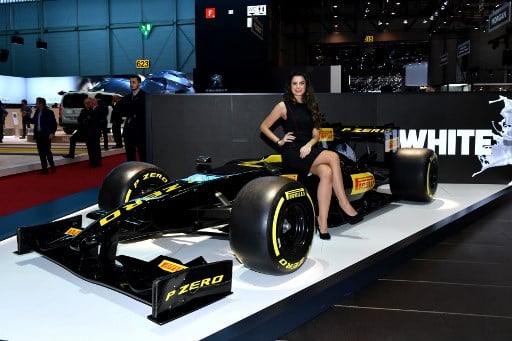In an interview with the Kurier daily, the double Palme d'Or winner also voiced his concerns over the “new, man-hating puritanism” he said the movement was bringing in its wake.
“Of course I think any kind of rape or sexual coercion should be punished,” the 75-year-old said.
“But the hysteria of condemnations we're seeing now, pre-empting any proper judgement, I find that disgusting,” he went on.
He suggested that some of the accusations that had come to light as part of the movement could have more to do with score-settling than sexual misconduct.
“People are being finished off in the media, lives and careers are being ruined,” he said, going on to ask: “Have we gone back to the Middle Ages?”
Haneke, who won an Oscar for his 2012 film “Amour”, said that every “shitstorm” unleashed by such revelations “poisons the social climate, and
that makes the debate around this very important theme all the more difficult”.
He also expressed concern over the impact the current climate could have on artistic freedom.
“'In The Realm of the Senses' by Oshima, one of the most profound films ever made on the theme of sexuality, wouldn't get made today because funding institutions wouldn't allow it, they would be in thrall to this terror,” he said.
The director, who has made 12 feature-length films including “The White Ribbon” (2009), is not accused of any misconduct himself.
He announced at the end of January that he would be making his first TV series, entitled “Kelvin's Book”, an English-language dystopian drama.
Accusations of rape and sexual predation by the film tycoon Harvey Weinstein last year sparked a worldwide deluge of allegations against powerful
men in entertainment, politics and the media.




 Please whitelist us to continue reading.
Please whitelist us to continue reading.